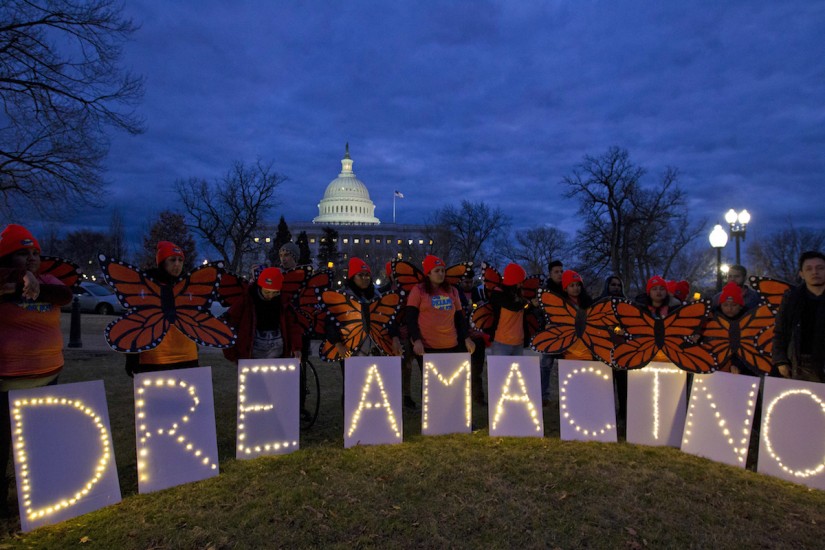Realignments always involve a contestation over norms; realignments change norms; realignments erode norms. And all of these counsels against norm erosion and polarization — which many people in the media and academia are invoking against Trump and the GOP — will now come rushing back at the Left.
And how could they not? When you set up “norms” as your standard, without evaluating their specific democratic valence in each instance, the projects to which they are attached, how could you know whether a norm contributes to democracy, in the substantive or procedural sense, or detracts from it? How could you know whether the erosion is good or bad, democratic or antidemocratic?
Levitsky and Ziblatt mention two norms: mutual toleration and forbearance in the exercise of power. Sometimes forbearance serves the cause of democracy; sometimes it does not. But by their lights, a lack of forbearance, by definition, becomes a problem for democracy.
Consider this revealing moment in the piece:
Could it happen here? It already has. During the 1850s, polarization over slavery undermined America’s democratic norms. Southern Democrats viewed the antislavery position of the emerging Republican Party as an existential threat. They assailed Republicans as “traitors to the Constitution” and vowed to “never permit this federal government to pass into the traitorous hands of the Black Republican Party.”
The authors want to posit the 1850s as a moment that “undermined America’s democratic norms,” strongly suggesting that prior to the 1850s, there was a robust enjoyment of democratic norms in America. Most of us would argue that when one portion of the people enslaves another, denying them their humanity (and the vote), there’s no real democratic norm in play. (Not to mention that one-half of the population, white and black, didn’t have suffrage at all.) And while it would have been awfully nice if the Southern slaveholders had simply agreed to vacate the stage of history peacefully, most of us realize that was never in the offing. Outside the South, wrote C. Vann Woodward, the end of slavery was “the liquidation of an investment.” Inside, it was “the death of a society.” These weren’t the sort of people to go gentle into that good night.
If American slavery were to be eliminated, someone had to call the question. That’s what the abolitionists (and the Republican Party) did. They polarized society. (For a representative example of how polarizing their discourse could be, read this.) And the result — however awful the Civil War was (and make no mistake, it was more awful than you can imagine) — was not the destruction of democracy and its norms but the creation of democracy — a “new birth of freedom,” Lincoln called it — which then got undone after Reconstruction, which was also a politics of norm-shattering.
